Tilman Martin turned 90 on Jan. 3, 2017. He is the last of the four original church planters sent from Ontario to Quebec in 1956 whose work continues to pay dividends to this day. The other original planters were the late Harold (d. March 12, 2017) and Pauline (d. April 6, 1980) Reesor from Wideman Mennonite Church in Markham; and Janet (Mills) Martin (d. July 29, 2002) from St. Jacobs Mennonite Church.
Tilman was born into an Old Order Mennonite family in St. Jacobs in 1927. His father died when he was 4. When he was 8, his mother remarried and they moved to a farm. Through his teen years he worked on other farms and sent his money home. He was baptized into the Old Order Mennonite Church in 1945, at 18, but the summer he turned 21 he received his inheritance of $500, held in trust for him. He bought a car with the money, ending his Old Order membership.
With a group of friends, he attended a variety of churches, ending up at St. Jacobs Mennonite Church, then part of the Mennonite Church of Ontario (now Mennonite Church Eastern Canada). In 1949, under the ministry of John Garber, an evangelist, he dedicated his life to serve God.
He attended Toronto Bible College, now Tyndale Seminary, for three years. In 1951, while in his second year, he met Janet Mills. They married in 1953 in the Baptist church in Harrow and together attended the Mennonite Bible Institute in Kitchener that winter, since students married to each other were not allowed to attend Toronto Bible College.
Interested from a young age in inviting others to faith in Jesus, he was sent by the Ontario Mennonite Mission Board to Sudbury, in northern Ontario, where he helped found Waters Mennonite Church. While there, he worked in the mines for International Nickel and served in a summer Bible school at the church.
David Shank, who had spent five years doing mission work in Belgium, went with Osiah Hurst and J.B. Martin, pastor of Erb St. Mennonite Church in Waterloo, to “scout out” potential work in Quebec. After they returned, Tilman was sent on a further two-week trip with Enos Bearinger to visit the French-speaking evangelicals. Mennonites were welcomed and invited to work in Quebec alongside the other evangelical churches, they reported afterwards.
A year later, the Ontario Mission Board, together with the Mennonite Board of Missions from the Mennonite Church in Elkhart, Ind., called for volunteers. Montreal Nord was not taken by another evangelical group, so the Martins went there. A year later, after spending time in Montreal, the Reesors wanted to go to Joliette, about 50 kilometres north of Montreal.
These were the last years of the “social contract” between the Roman Catholic Church and the Union Nationale government in Quebec, by which the church controlled all the schools and hospitals. A local bishop could do much to control who lived and worked in his region. With the death of Maurice Duplessis, the Union Nationale lost power in 1960, and within two years the Liberal government empowered René Leveque to nationalize the schools and hospitals, accelerating the process of secularization already taking place.
Tilman finished nine months of French-language study in the spring of 1957 and began to work in Montreal Nord that summer. They began door-to-door evangelism, reporting up to 350 contacts a month, but few people would let them in. A salesman from France and his son were interested, especially in the boys club that Tilman and Harold started. They rented a house, holding meetings in French and English.
The Western Tract Mission offered free New Testaments. Tilman began receiving the Mission’s responses for Laval and the northern part of Montreal Island. A married couple from France and another from Belgium were some of their first real connections.
In 1958, they began Sunday services, attended by the Martins and Reesors, the French man and his son, and, through the Yellow Pages, a German lawyer who also brought a friend. In 1960, the Ontario Mission Board bought a property for them to use at 11123 L’Archeveque. The lower level was a commercial space that was originally rented to an electronics store, but from which they eventually sold office supplies and Christian books. The building had room for 40 to 50 people in a chapel upstairs, and a back annex had room for the Martin family. The basement was at first a shoe repair and later a room for the youth.
But no French Canadians came to the outreach until Aldea Turcotte checked them out at the building’s dedication, in response to an invitation sent to the whole city. Her partner, Francis Dussault, knew of Mennonites, having worked for some in Ohio. The next Sunday, she brought a whole group of people with her, and the work was truly founded. The first baptism took place in 1961.
By 1971, a vibrant congregation filled the chapel space weekly. But then the leader of a Youth for Christ group in Montreal joined the communitarian cult The Body Movement, taking with him many youth who had been attending the Mennonite congregation, leaving only a small French service in Montreal Nord.
The Martins worked in Montreal Nord for 15 years, resigning in 1972 and moving out of the city to near Joliette, where they bought a country home. Albert Hodder, a Salvation Army leader from France via Toronto, came to take on the Montreal Nord work. Hodder moved to downtown Montreal in 1974, forming the Montreal Mennonite Fellowship and Maison de L’Amitié, a student residence and summer guesthouse. Some Montreal Nord members joined the work in the downtown.
Tilman began to work as a chaplain for the Correctional Service of Canada on July 1, 1975, and served there for 15 years, working in institutions in Laval and Archambault. He now lives with his daughter and her husband in Gatineau, Que. His son Luke is currently the executive director of Maison de L’Amitié in Montreal.
All along, the work of Mennonites in Quebec was different from that of other evangelical groups, focussing not only on spiritual salvation but on the whole lives of people. This has influenced the current generation of leaders there, including Mario Marchand, pastor of Ēglise Mennonite Ichtus in Quebec City, who became a Christian through Joliette Mennonite Church. The Reesors served the Joliette church from 1958 to 1963 with some long-distance support by the Martins, who later helped the Reesors’ successors, Clyde and Elizabeth Shannon, in the 1970s, after moving close to Joliette.
—Corrected March 23, 2017


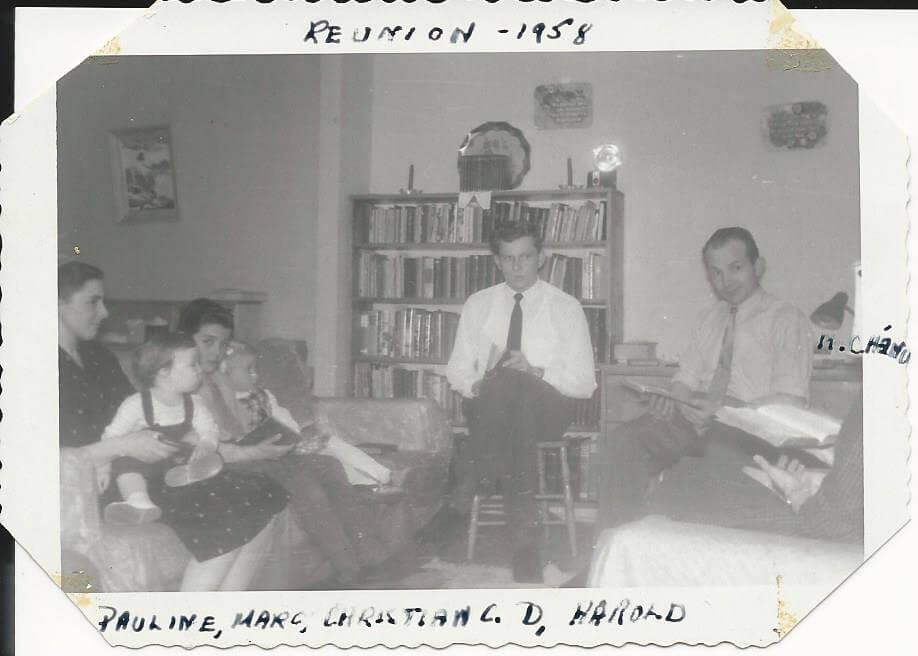
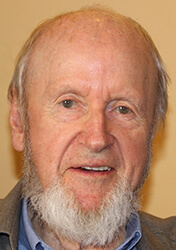


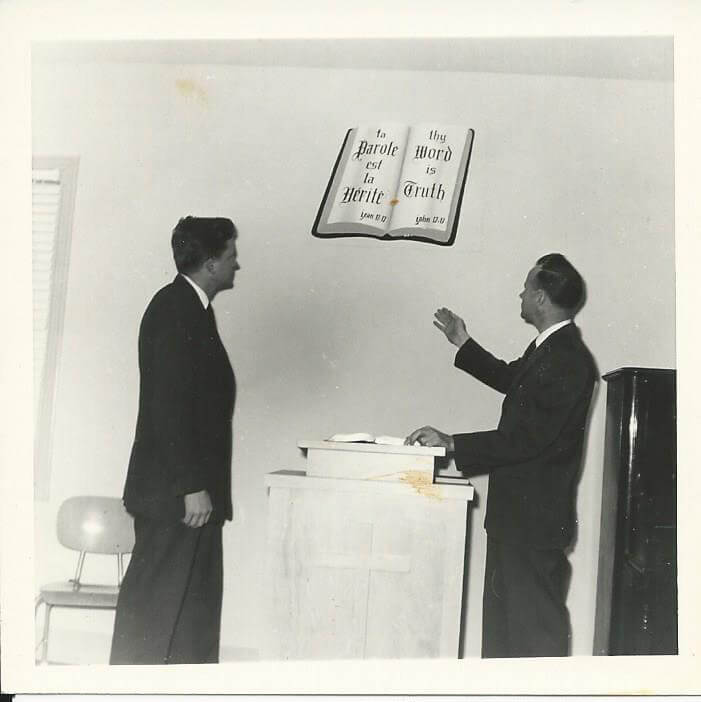


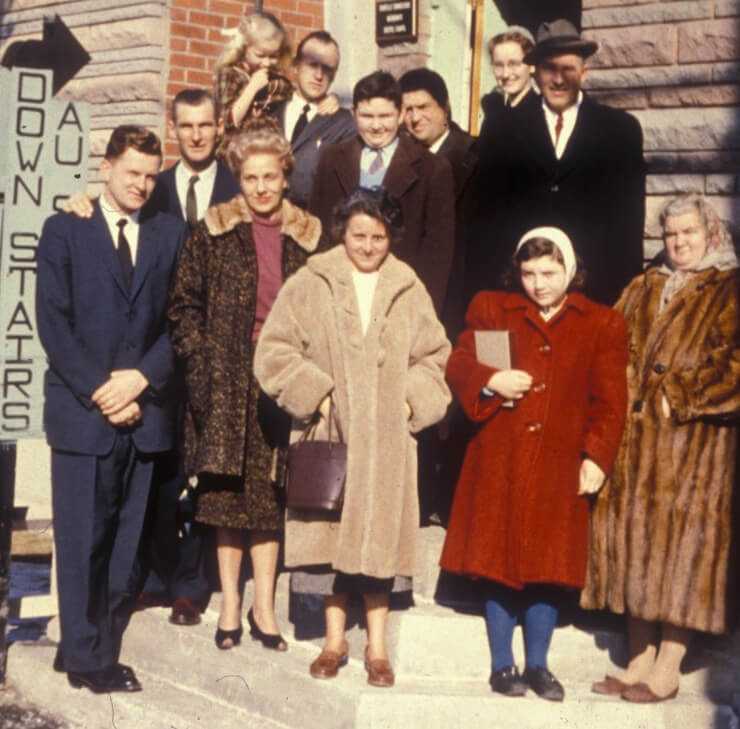
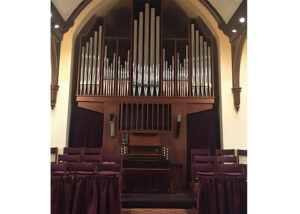
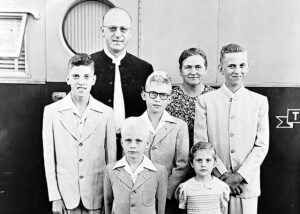


Leave a Reply
You must be logged in to post a comment.